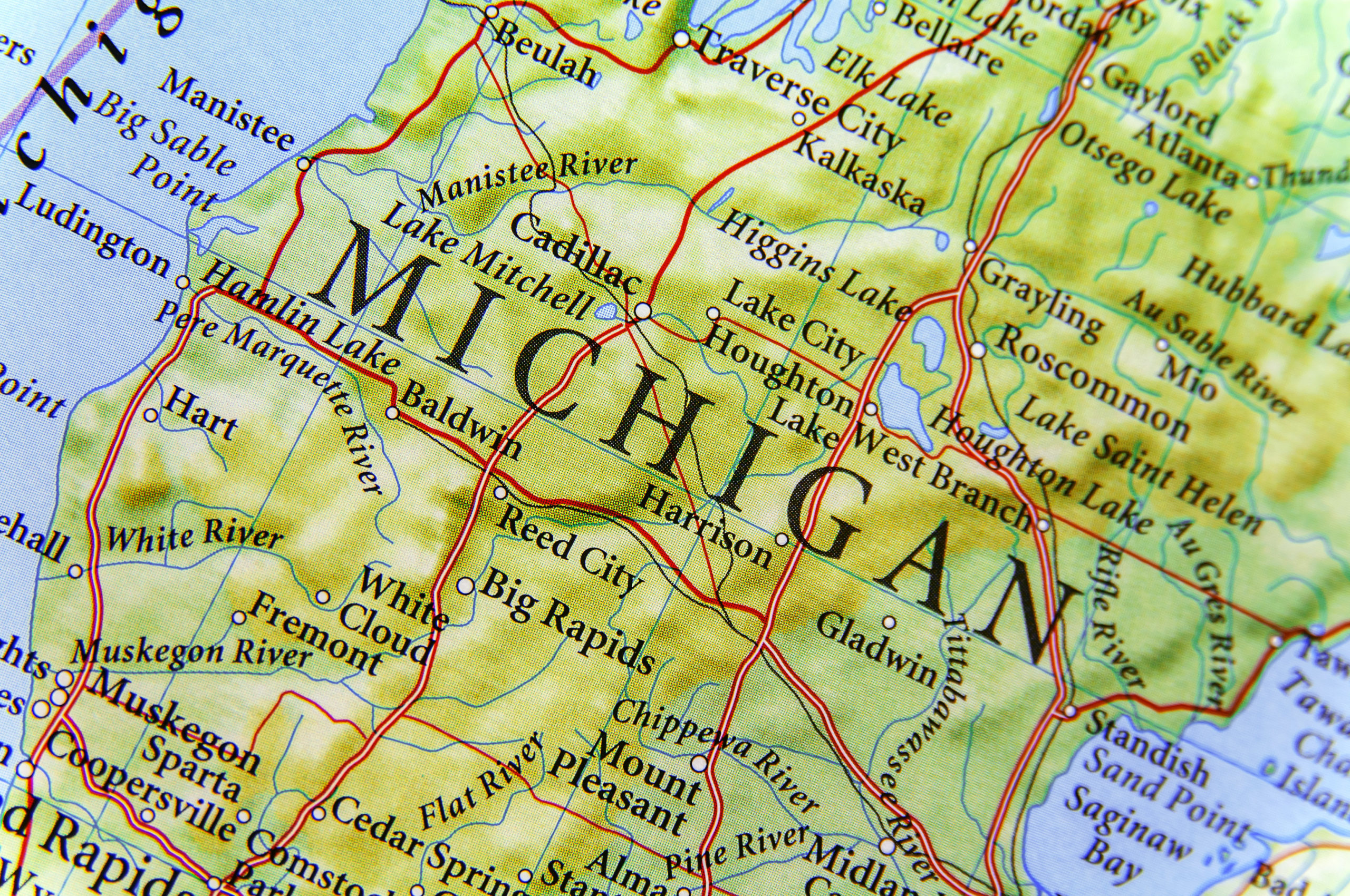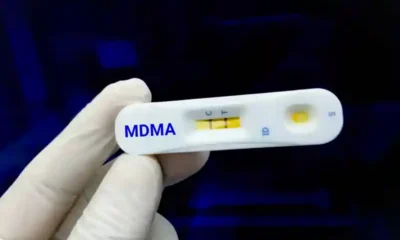Connect with us
Published
2 years agoon

In a move promoting social equity, meant to resolve a legislation issue identified by reform advocates in the state, the governor of Michigan signed a bill that no longer disqualifies people with cannabis-related felonies or misdemeanor convictions on their record from obtaining medical cannabis business licenses.
While there is an exception for those convicted of distributing cannabis to a minor, the legislation addresses the historic pattern of people of color as more likely to have been targets of cannabis criminalization in the past. Therefore, advocates said leaving the current restrictions in place was inherently discriminatory to those most affected by the War on Drugs.
Governor Gretchen Whitmer signed House Bill 4295 on November 4. The legislation not only removes the licensing ban, but it also notes that elected officials and employees of federally recognized tribes are allowed to obtain a Michigan cannabis license.
The Michigan Marijuana Regulatory Agency also said that regulators can no longer use integrity, moral character, reputation or personal probity of an applicant as an evaluation eligibility factor for cannabis licenses. In the past, the restrictions only applied to the state’s medical cannabis market, and the adult-use market was not limited in this way.
This is not the first time that a Michigan lawmaker looked to remove the clause surrounding “moral character;” Senator Jeff Irwin introduced a bill in September to do just that, saying that his bill would align the state’s medical and recreational cannabis laws.
“It would seem to be especially important in the cannabis space that we open the door to the legal cannabis industry to folks who are very experienced in the illicit cannabis space,” he said in a statement, adding that this move would ultimately help to minimize the cannabis black market.
“I don’t think we want to exclude anyone who’s ever participated in the marijuana industry before it was legal from participating now that it is legal because that’s going to make it even harder for us to build the legal space and diminish the illicit space,” Irwin added.
The bill did not advance, though Irwin’s same aims arguably come into play with the passing of HB-4295.
While lawmakers are at once looking to expand the medical market and those who can enter it, a number of bills are currently headed to the House floor to add regulations to the current medical cannabis industry in the state.
House Bills 5300-5302, called the Michigan Cannabis Safety Act, look to tighten rules for caregivers in relation to plant allowances, product testing and where growing is allowed.
The House of Representatives Regulatory Reform Committee approved those bills, along with House Bills 5319-5321. (HB-5319 exempts the sale of cannabis from a registered primary caregiver or licensed medical grower to a registered qualifying patient from the use tax; HB-5320 updates a reference to the definition of “debilitating medical condition” in the public health code; HB-5321 exempts the sale of cannabis from a registered primary caregiver or licensed specialty medical grower to a registered qualifying patient from the sales tax.)
Currently in Michigan, medical cannabis caregivers must register with the state but don’t need a license, and they can have up to five patients, growing up to 12 plants per patient, without many rules regarding the testing, labeling and tracking of the product. They can also cultivate a maximum of 72 plants if they are a registered medical cannabis patient.
Those supporting the new bills say that they are designed to ensure all of Michigan’s cannabis is tested, labeled, tracked and licensed, though opponents argue that those at the forefront of Michigan’s grassroots efforts to legalize medical and recreational cannabis are being left behind to favor big cannabis.
The bills now move to the House floor, where they require a three-quarters vote of support from the House and Senate, along with Governor Whitmer’s signature.


Congressional Progressive Caucus Says Dems Can Legalize MJ By Winning House, Senate Majorities This November


Cannabis Industry Has 440,000 Full-Time Workers


Federal Register Proposes Adding Fentanyl, Removing MDMA From Drug Testing Panels


Feds File Charges Against Maine Weed Grower After Probe Spanning 20 States


The Cannabis Market Is Booming in Japan


German Authorities to Ban Cannabis Smoking, Vaping at Festivals Including Oktoberfest
